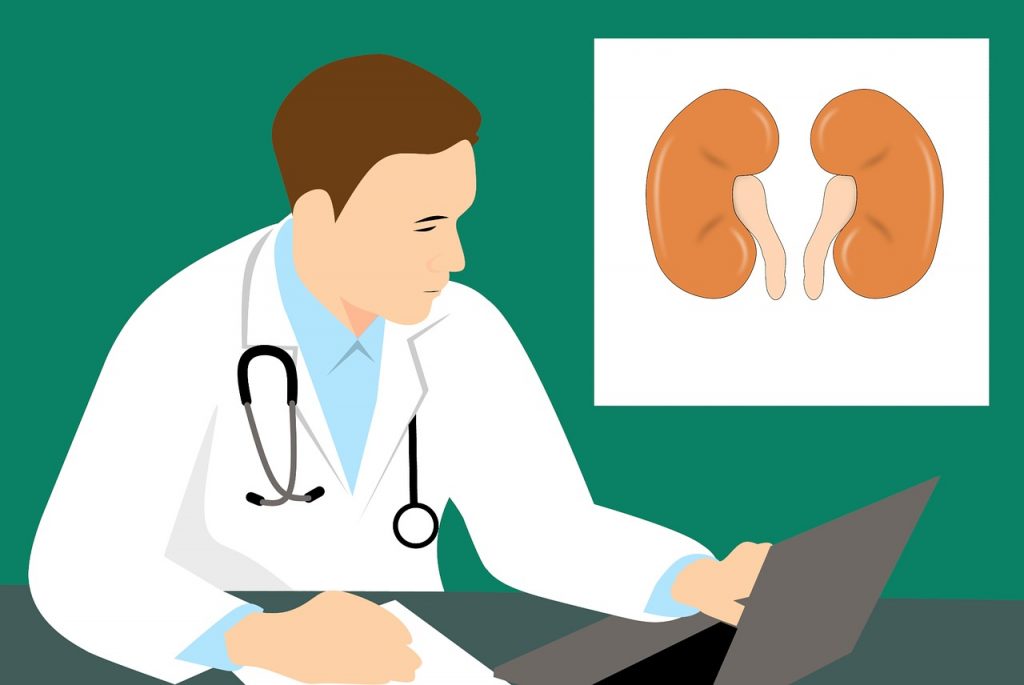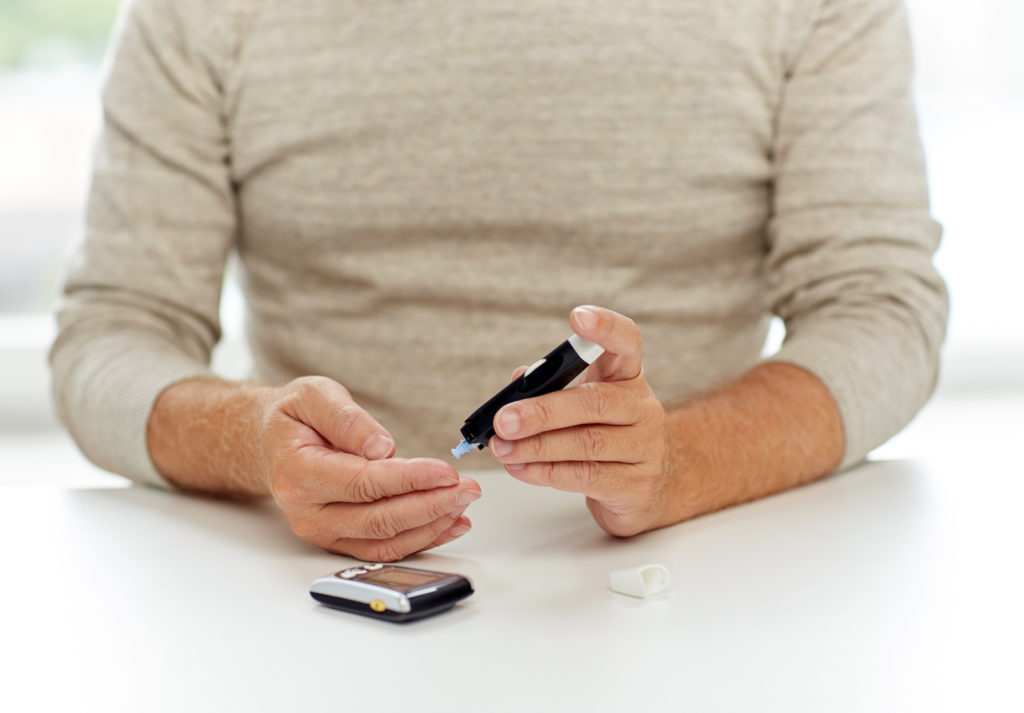Measurement of reactive oxygen species production and antioxidant system status before and directly after reperfusion of the transplanted kidney and influence of oxidant stress on kidney function in 2 and 6 weeks.
Official Title
The Role of Reactive Oxygen Species in Ischaemia-Reperfusion Injury of the Transplanted Kidney.
Conditions
- Kidney Transplantation
Study Type
Observational
Study Design
Natural History, Cross-Sectional, Defined Population, Prospective Study.
Further Details
Oxidative stress is one of the most important factors in ischaemia-reperfusion injury to the transplanted organ. In kidney transplant recipients following factors were measured: glutathione level, activities of glutathione peroxidase (GSH-PX), catalase (CAT) and superoxide dismutase (SOD) and superoxide anion production by granulocytes in whole blood without and after the stimulation with zymosan.
Blood was sampled from peripheral vein (before reperfusion) and directly from renal vein (5 and 15 minutes after reperfusion).
Transplanted kidney function was evaluated by the incidence and length of Delayed Graft Function and serum creatinine level in 2 and 6 weeks after transplantation.
Study Start
April 2003
Eligibility & Criteria
- Ages Eligible for Study: 18 years and older
- Genders Eligible for Study: Both
- Accepts Healthy Volunteers: No
Inclusion Criteria:
- Consecutive patients accepted for and undergoing cadaveric kidney transplantation
Exclusion Criteria:
- No informed consent
Total Enrolment
60
Contact Details
Zbigniew Wlodarczyk, (MD,PhD)
Klinika Transplantologii Collegium Medicum UMK w Toruniu
Location:
Klinika Transplantologii
Szpital Uniwersytecki, ul. M. Sklodowskiej-Curie 9
Bydgoszcz
Poland, 85-094
All content and media on the HealthEngine Blog is created and published online for informational purposes only. It is not intended to be a substitute for professional medical advice and should not be relied on as health or personal advice. Always seek the guidance of your doctor or other qualified health professional with any questions you may have regarding your health or a medical condition. Never disregard the advice of a medical professional, or delay in seeking it because of something you have read on this Website. If you think you may have a medical emergency, call your doctor, go to the nearest hospital emergency department, or call the emergency services immediately.







